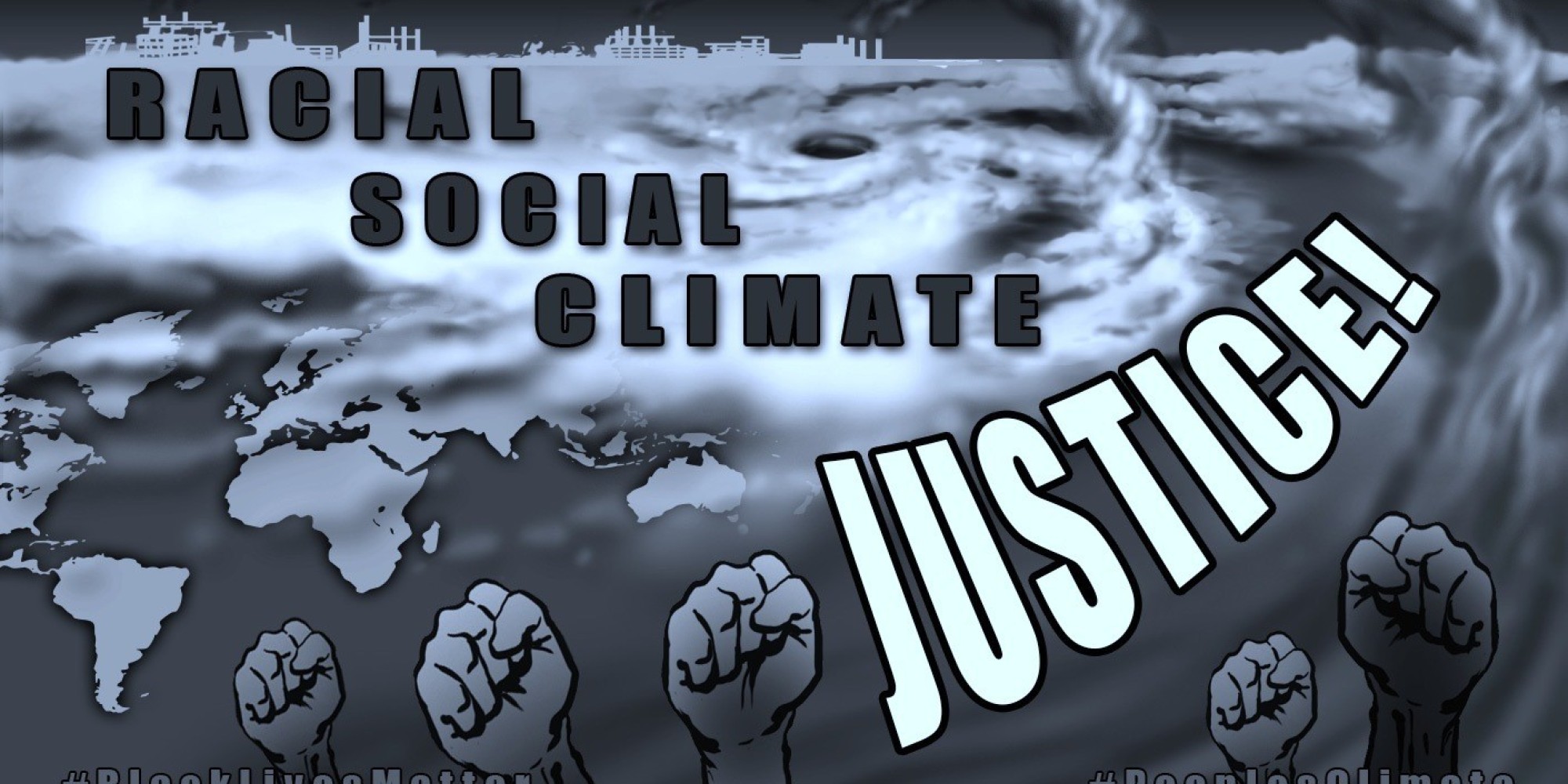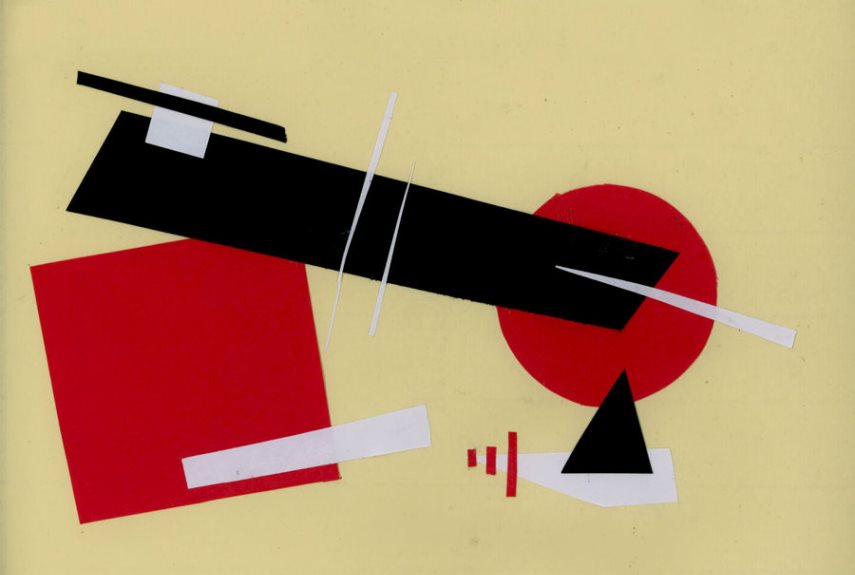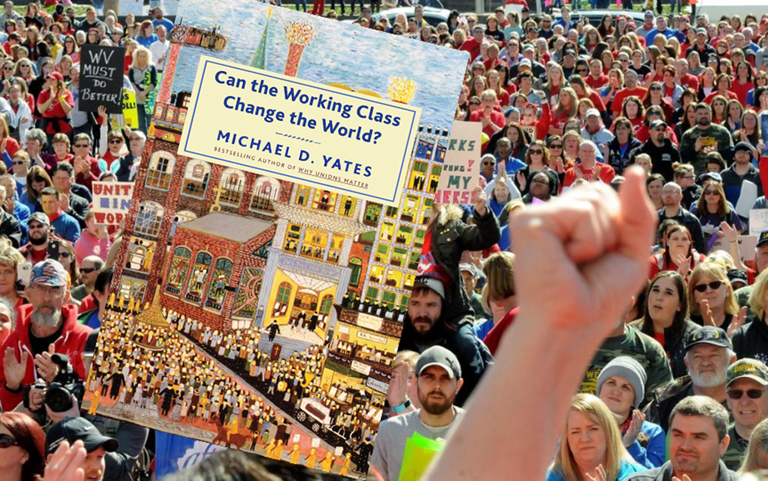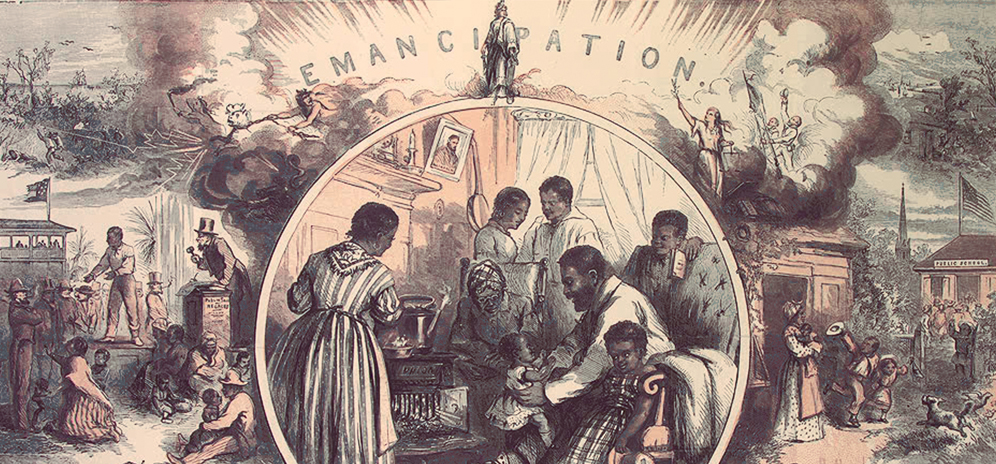From Austerity to Fascism: The Capital Order
In The Capital Order, Clara E. Mattei explores the intellectual origins of austerity to uncover its originating motives: the protection of capital-and indeed capitalism – in times of social upheaval from below. Drawing on newly uncovered archival material from Britain and Italy, she offers a damning account of the rise of austerity – and of modern economics – at the levers of contemporary political power. Mattei reveals how the threat of working-class power in the years after World War I animated top-down economic policies that elevated owners, smothered workers, and imposed a rigid economic hierarchy across societies.




